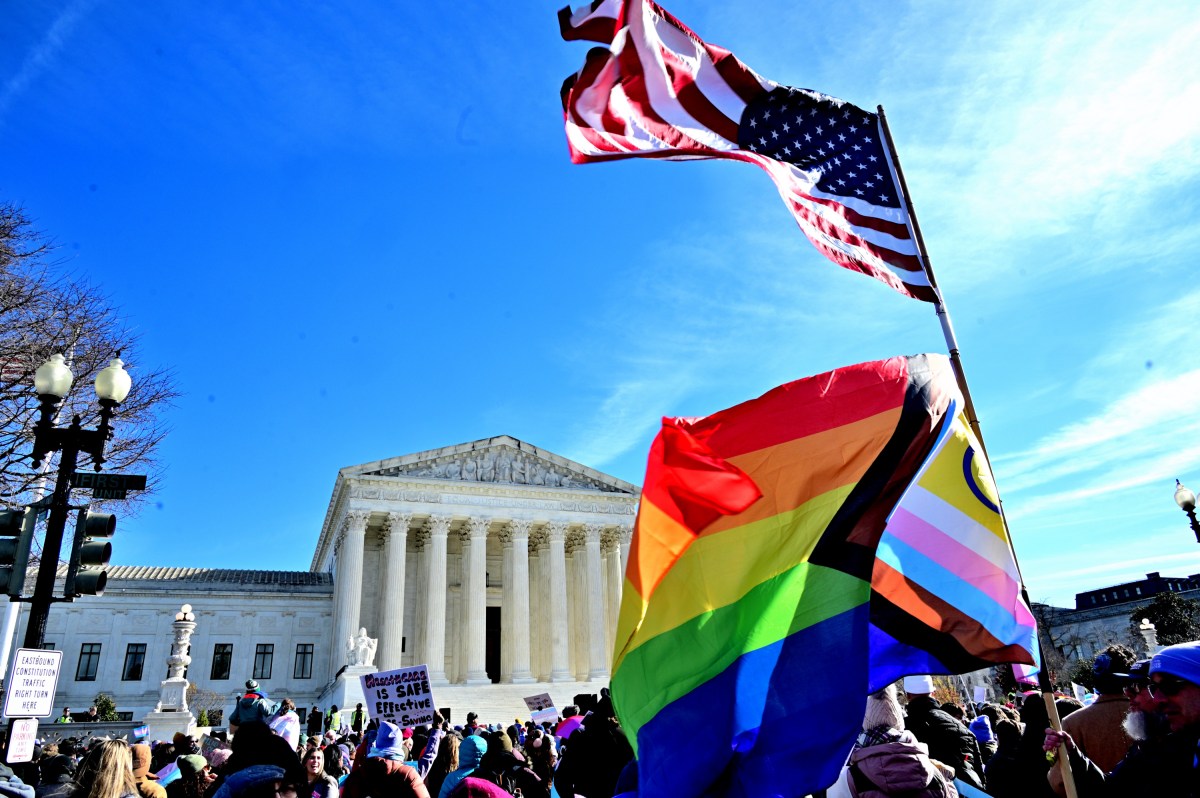The United States and Canada have renewed their commitment to Haiti, stating that they stand resolutely with the impoverished, French-speaking Caribbean country.
“Despite all Haiti has endured, Haitians have shown an unflagging strength, will, and passion to forge ahead and build a more prosperous nation,” said U.S. Secretary of State Hillary Clinton in a message marking Haiti’s 207th anniversary of political independence on Jan. 1.
“The people and Government of the United States stand firmly with the people of Haiti, and we are committed to helping ensure that your voice determines the way forward for your nation and government,” she added.
“We will continue deepening the partnership and friendship between our nations to achieve a brighter future for all our people,” Clinton continued. “I wish all Haitians a happy Independence Day and New Year. I look forward to working with you to make 2011 a year filled with peace and progress.”
The U.S. Secretary of State said what when Haiti “cast off the bonds of slavery and declared its freedom from France in 1804, it made history, setting a precedent for independence in Latin America and creating the first post-colonial black-led nation in the world.”
Clinton said the courage of that struggle – from the leadership of Jean Jacques Dessalines and Toussaint L’Ouverture to “the strength and unity of the Haitian people” – is reflected in Haiti’s response to the Jan. 12, 2010 devastating earthquake.
“In the wake of a disaster that took the lives of more than 200,000 people, Haitians and volunteers from more than 140 nations came together overnight to pull survivors from the rubble and administer critical care and assistance,” she said.
“I witnessed this testament to our common humanity first hand in the days immediately following the earthquake, and I have seen it grow throughout the year as countries around the world continue to help Haiti recover and rebuild,” she added.
Canada’s Prime Minister, Stephen Harper, made his comments while highlighting some of his government’s most significant achievements in 2010.
“Canada continues to support the people of Haiti and remains committed to longer-term reconstruction,” he said.
“Canadians demonstrated the generosity for which we are known through personal donations to relief efforts, donations that were matched by our Government,” he added.
Harper said Canada was one of the first countries to respond to the devastating earthquake, stating that Canada had deployed civilian and military emergency management experts within hours of the crisis.
“Immediate humanitarian assistance was delivered, and Canada was among the countries leading emergency relief and reconstruction efforts,” he said.
Canada and the U.S.’ remarks came as Haiti’s Prime Minister Jean Max-Bellerive claims that the international community has not allowed the earthquake-ravaged country to play a larger role in its own reconstruction.
He said his administration has little say because aid money has been directed through outside agencies.
“Let’s be clear, I have nothing against NGOs (non-governmental organizations). We need them,” the prime minister told reporters in Port-au-Prince, the Haitian capital.
“What I need is to have control over what they do in my country, where they do it and with whom they are doing it, and at what cost,” Max-Bellerive added.
“It’s very difficult for me to give explanation for the use of money that I never receive,” he continued.
At the same time, ordinary Haitians are calling for a greater role in the rebuilding of their country.
Colette Lespinasse, Director of the Haitian Support Group for Refugees and Migrants in Port-au-Prince, said her group is among those who felt many Haitians were not included in the relief effort.
“If the reconstruction process is carried out without consensus and respect, we will not be eliminating poverty in Haiti,” she said.
“On the contrary, we will be building more fragmentation and divisions in a process that requires building consensus,” she added.
On Jan. 1, about 100 protesters blocked roads and piled garbage in the streets in Port-au-Prince, before police dispersed them.
“We earned our independence, so today we are free to protest and demand democratic elections,” protester Simeyon Wisly told reporters.
He said his band of protesters demands new elections under the supervision of a revamped national electoral council.
“We are not celebrating today. We are protesting this corruption of power,” he added.
Last week, former interim President, Boniface Alexandre, warned that the electoral crisis gripping Haiti could degenerate into a civil war.
Alexandre’s comments came as the first Organization of American States (OAS) team of six experts arrived in Haiti to review the results of the disputed Nov. 28 Presidential and Legislative elections.
Amid charges of fraud, supporters of losing candidates rioted for several days last month, eventually prompting President Rene Preval to request the OAS’ intervention.















